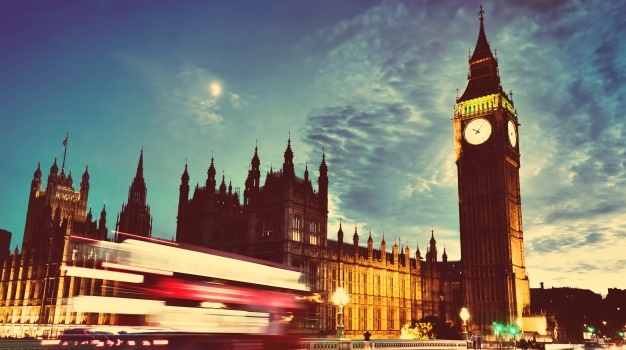
The United Kingdom (UK) has been a member of the European Union (EU) for over forty years. On the 23rd June 2016, 33 million members of the British public voted, 52% decided to leave the EU, and 48% said that they wanted to remain. Now for the first time in European history, a member of the EU will leave the organisation, and the consequences of that decision, for both Europe and the UK, continue to be unknown. Shortly after the EU referendum results were revealed, Prime Minister David Cameron, a staunch remainer, resigned. Theresa May took over the role in July 2016, becoming the UK's second female leader, she vowed that Brexit meant Brexit and that the UK would leave the EU in 2019. Article 50 was triggered in March the following year stating, ‘we are leaving the European Union, but we are not leaving Europe, and we want to remain committed partners and allies to our friends across the continent', but that sounded more like a propaganda that we are fighting against. The pound sank to a 30 year low, the news went crazy, economists predicted doom, and yet by close of business that day, things appeared to have settled down.
One of the areas for discussion during the EU negotiations is whether Britain can continue to be a part of the single market and the potential impact that their non-participation could have, both on the UK and the European economy overall. The single market refers to the trade agreement between all EU members that allows free movement of goods, services, capital and people across member states. 3 million European nationals currently live, work or study in the UK and 2 million Brits are presently reside in other EU countries. One of the most significant challenges the government faces throughout these talks is in deciding what will happen to these people. Expatriate groups across social media are often questioning what is happening, what decisions have been made and the potential effect that this decision could have on the lives that they have perhaps spent decades building. May has stated, however, that she wants more control over immigration and stricter border control, declaring that she seeks to leave the single market. Many financial advisors and economists have predicted that this will have a negative impact on the UK economy and Europe. Furthermore, the introduction of tariffs and other trade barriers on the imports to and exports from the UK may have an adverse impact upon the global economy overall, with German company BMW describing Brexit as a ‘very uncomfortable scenario'. Although, it could be suggested that the UK does not have to be a member of the EU to trade on the single market, with some non-EU members currently being allowed to participate in the market under different rules and legislation.

May called a general election in June 2017, in the hopes of strengthening the Conservative's political majority further. However, results from the electoral vote indicated an increasing support for the Labour leader, Jeremy Corbyn. As a result, the Conservative party lost their majority government and had to create a hung parliament with Northern Irish party, the DUP, to retain power. The discussion appears to have reached a stalemate, and with recent trouble in Westminster and further afield, it is looking like negotiations may only be stalled farther. Terrorist attacks, sexual abuse and assault scandals, and unrest in the Cabinet have only served to provide further distraction. Things have not been smooth sailing in Europe either. Angela Merkel, the German Prime Minister, has been unable to form a majority government, losing her grip on the country and the EU. Furthermore, with German business' setting up the New Deal for Brexit campaign based on the desire of a mutually beneficial deal, there is increasing recognition of the continued power of the pound across the international market. If the negotiations fail to decide the future of the UK's relationship with the EU within the two years, discussions can be extended, but only if each of the 28 countries agrees to this. As a result of Article 50 being triggered last year, the only way that the UK could renege on their decision to leave the EU would be if each of the 28 countries decided to let them remain. There continue to be individuals and groups who feel that a second referendum is needed, politicians that believe that the outcome of the referendum can be ignored and there are those who argue whether a soft or hard Brexit is desirable. If this were to happen, this would indicate broader issues regarding a potential threat to the democratic ideals on which Britain has been founded. The ramifications of this could be significant and would potentially leave many of the individuals who voted leave questioning the voting process entirely.